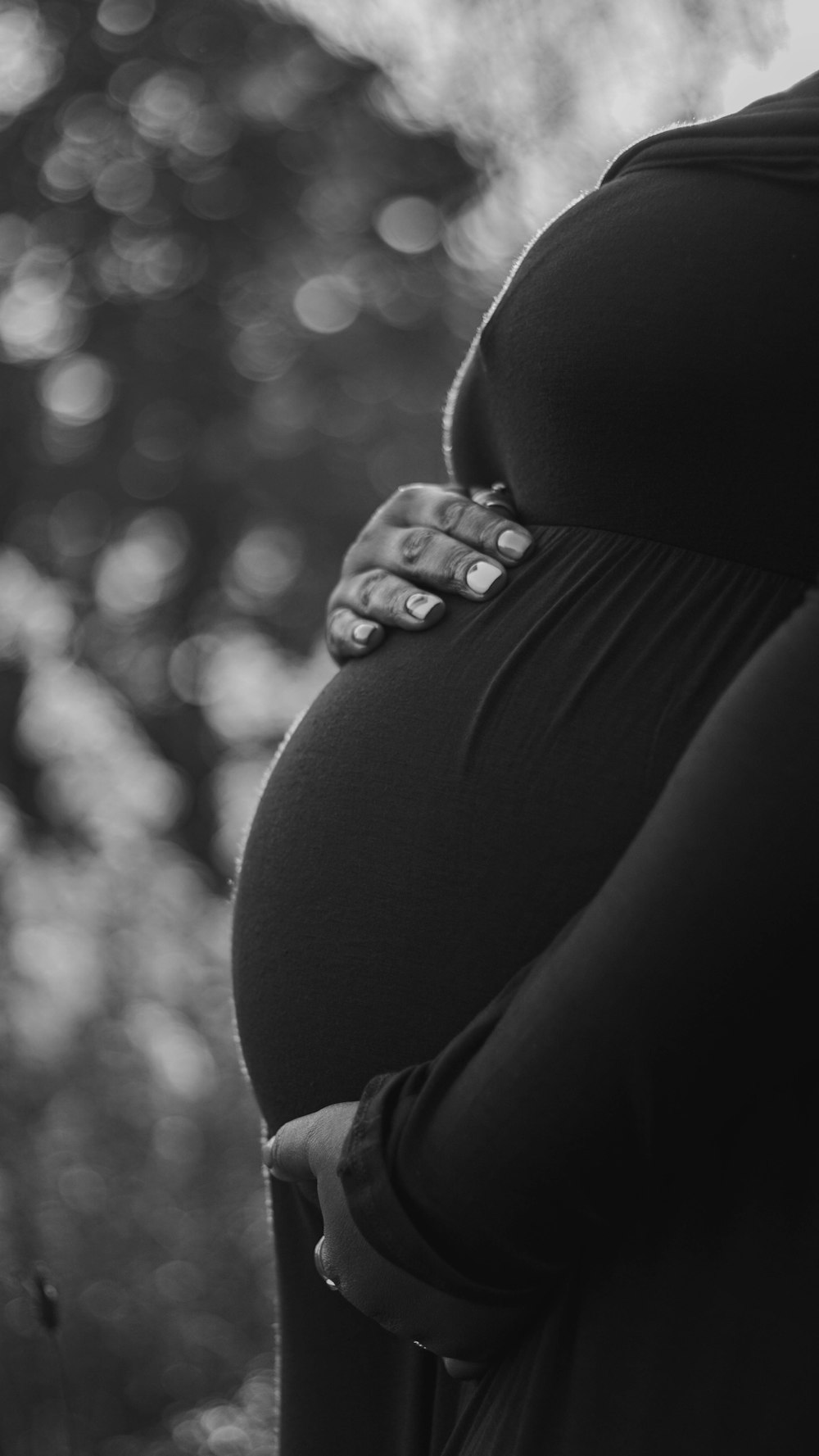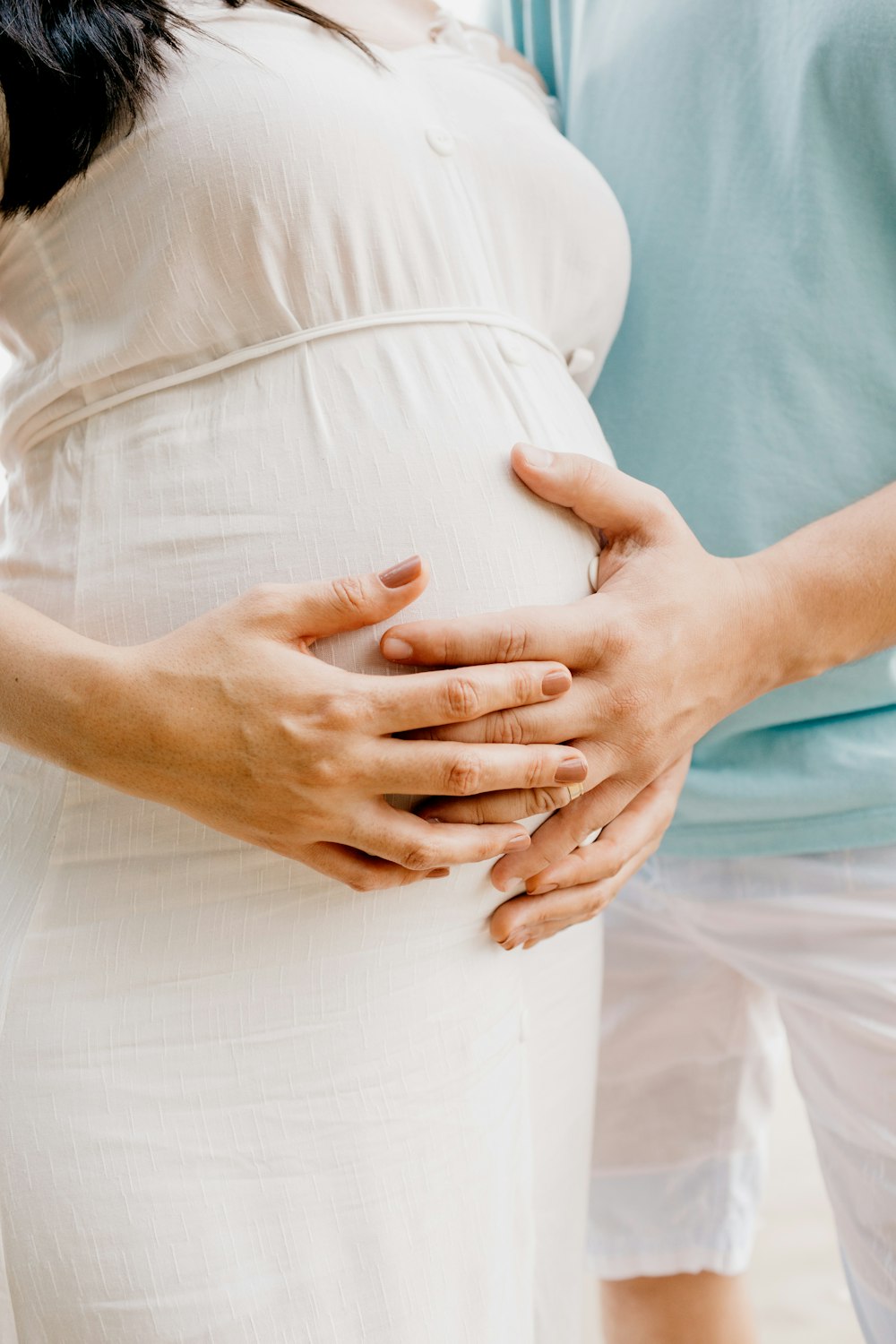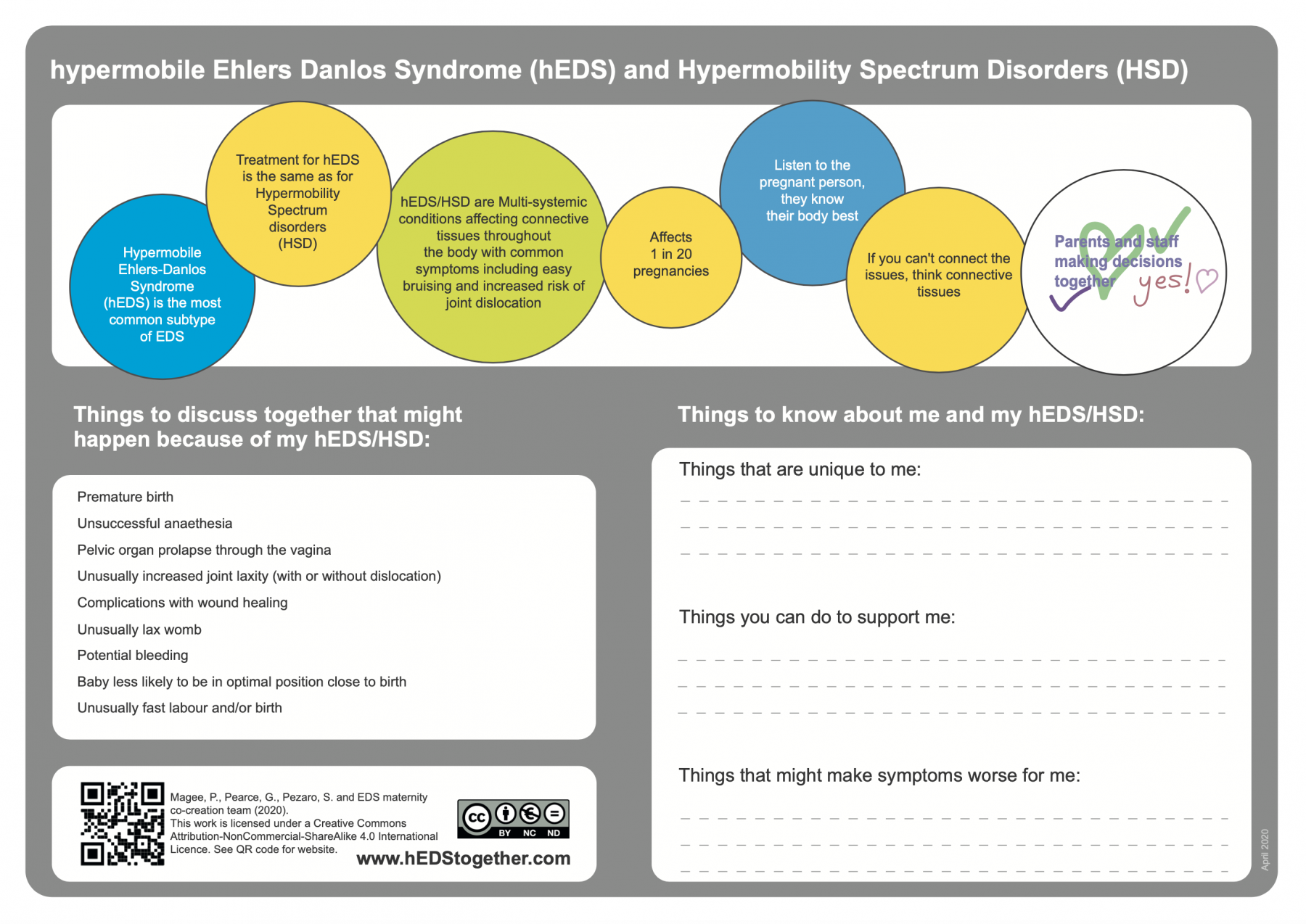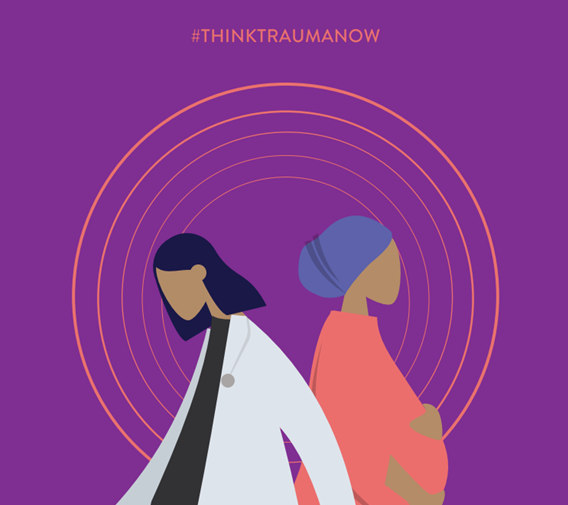Here I am with @drclairekaye & @millihill for @mailplus on #ThisIsGoingToHurt
An important & complex conversation was had here on staff trauma, trust & safety.
View the media piece here

I would love to hear your ‘respectful’ thoughts and views here. I have to admit I watched in through my fingertips and found it quite triggering. This issue I have is that I would love to see the real lives of healthcare professionals portrayed through drama. Nevertheless, it is not a comedy out there.
I heard one interesting view from a woman who had experienced a traumatic birth. She found it cathartic and helpful to think of staff as being human in this way. What are your thoughts?
Until next time…Look after yourselves and each other
Follow me via @SallyPezaro; The Academic Midwife; This blog







